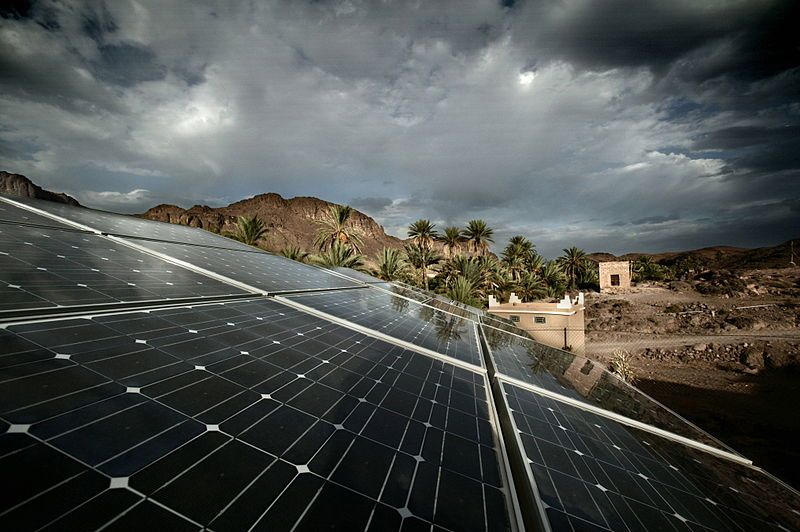$32.7 billion investment in renewable energy and water projects in Middle East
Middle East energy sector experiencing a surge in water and renewable energy investment with nearly 100 projects this year

The Middle East’s energy sector is experiencing a surge in its water and renewable energy investment with nearly 100 projects, worth US$32.7 billion, initiated this year, a market research report revealed on Tuesday. Gulf Cooperation Council (GCC) states, witnessing the biggest public spending rise in years, are set to benefit the most from new and upgrading of existing water and power projects.
Construction on ten power and water projects worth $1.5 billion began in the UAE this year, including the $740 million Noor 1 solar power plant, and Phase 2 of the Emal Power Plant, worth $580 million.
Kuwait approved 19 power and water projects worth $4.2 billion, including the $2.7 billion Al Zour North Independent Water and Power Plant.
Meanwhile, Saudi Arabia kickstarted 15 fresh projects worth $8.8 billion in 2012, with the $2 billion worth Al Qurayyah Independent Power Plant, and the $1.2 billion Shuaiba 2 Power Plant taking the lead.
According to the World Energy Council, the Gulf region alone will require 100 gigawatts (GW) of additional power by 2020 to meet increased demand, surging at 7.7% annually.
Other Mid East countries launching new water and power projects this year include Oman, Qatar, Bahrain, Jordan, Iraq, Yemen, Syria, and Egypt.
Morocco leads the race in North Africa after injecting $4.4 billion into seven projects this year. Rabat laid strong emphasis on renewable energy with Ouarzazate solar power in Olant (pictured above), and four wind farms in Taza, Laayoune, Tetouan, and Tangier, all set to thrust the Saharan nation into becoming a renewable energy leader in the region.
Future Planning
Several regional governments are ramping up efforts to invest more in natural resources capacity as population in the Middle East is expected to grow by 31% by 2025, reaching 500 million, putting a significant strain on dwindling water resources.
The Middle East is one of the regions in the world where water is very scarce, resulting in significant investment in water infrastructure and non-traditional water technologies such as desalination and wastewater re-use – of which the region is emerging as a world leader.
Market research specialists Ventures Middle East released the figures ahead of the Power + Water Middle East Forum, that will take place from 8 to 10 October at the Abu Dhabi National Exhibition Centre in Abu Dhabi, UAE. Held in partnership with Abu Dhabi Water & Electricity Authority (ADWEA), with Abu Dhabi Chamber of Commerce and Industry (ADCCI) as a strategic partner, Power + Water Middle East is the region’s premier event for showcasing power and water related products and services.
“Growing demand and rapid industrial developments has enabled Middle East countries to continue their run as the most dynamic power and water sectors in the world,” Anita Mathews, Exhibition Director for Power + Water Middle East, said.
“Power consumption in the MENA region has been growing significantly and is poised to grow at a faster pace in the years to come. Power + Water Middle East 2012 will provide the meeting place for regional and international suppliers of products and services that will drive investment in the future.”
Organisers of the event said in a statement that the exhibition has so far attracted more than 100 exhibitors from 25 countries wishing to network and offer solutions to regional power generation, water and nuclear energy industries.

